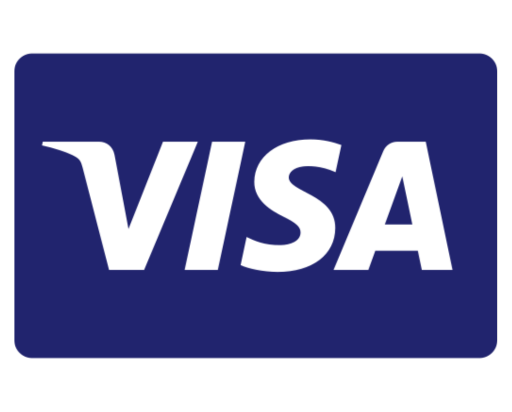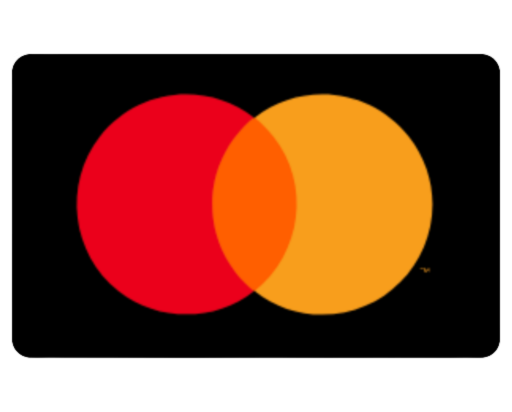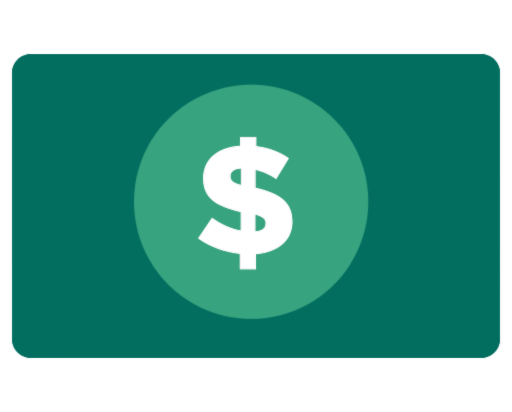Improved mood
How Ketamine Works
Overview
How Does Ketamine Therapy Work?
Ketamine therapy is a groundbreaking approach to mental health treatment, specifically for treatment-resistant depression and suicidality. Its capacity to provide immediate relief for difficult-to-treat depressive symptoms signifies its advantage over other traditional therapies. It can also be used to manage other mental health symptoms, including but not limited to anxiety and PTSD.
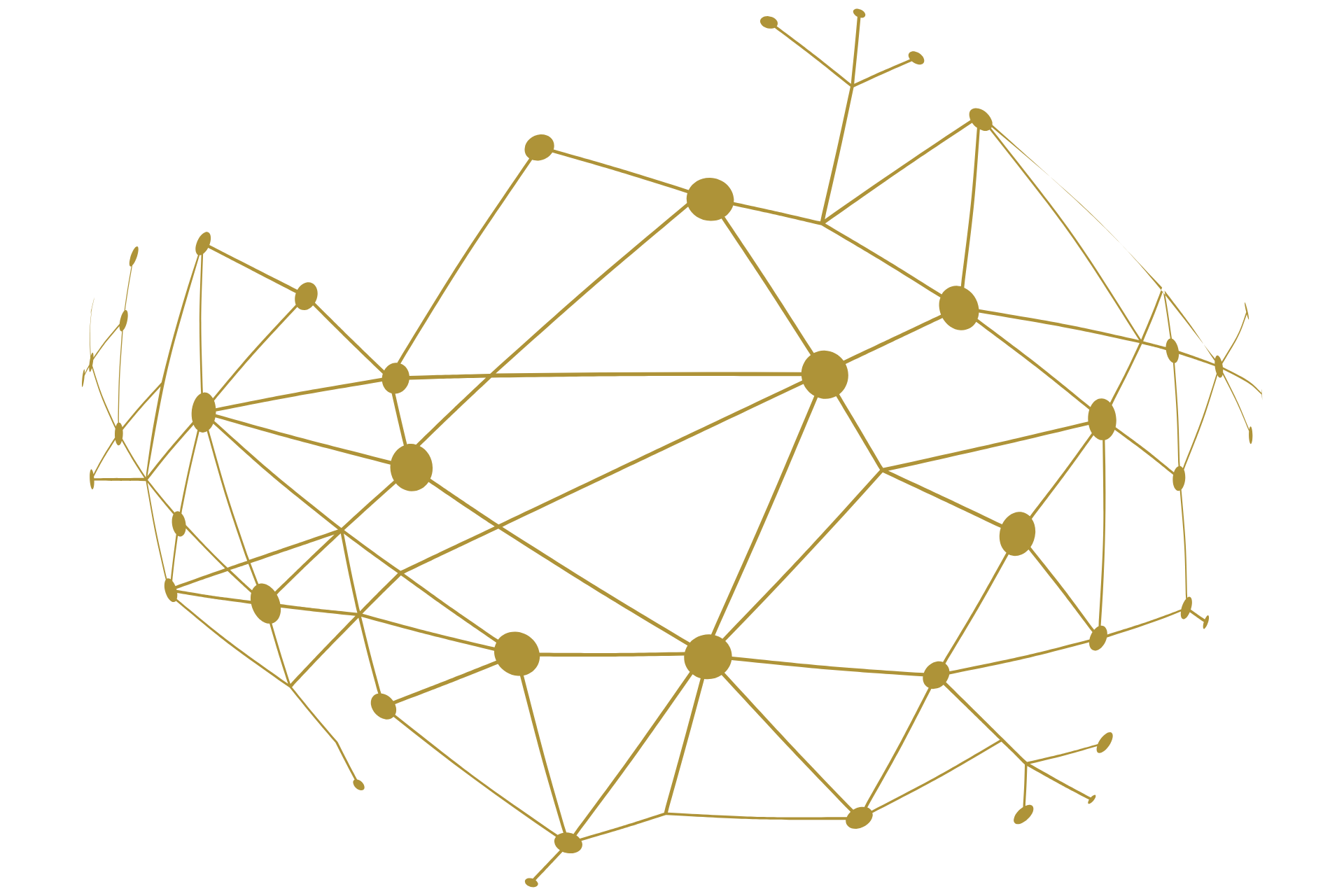
How Ketamine Works
What is ketamine?
Ketamine is a drug that is used as an anesthetic agent. It has also been researched and implemented for the use of treating mental health symptoms. Ketamine is an NMDA antagonist that works through the glutamate neurotransmitter system, whereby it regulates glutamate levels in the brain—a neurotransmitter that is involved in mood regulation and neural plasticity. It is believed that by facilitating broader neural connections, ketamine enables the restoration of healthy brain activity and gives rise to its antidepressant effects.
What types of ketamine therapies exist?
Oral route: Ketamine can be administered as a tablet, capsule, or liquid.
Intramuscular (IM) Injection: Ketamine is injected into a muscle, where it is rapidly absorbed with effects lasting 45 minutes to an hour.
Intravenous (IV) Infusion: A low-dose ketamine solution is delivered directly into the bloodstream over a set period, typically 40 minutes to an hour.
The route of administration is determined based on each individual's clinical needs as determined by a comprehensive treatment plan.
When Do the Therapeutic Effects Occur?
A noteworthy advantage of ketamine therapy is its speed of action. It may have antidepressant effects within hours, including:
Some trials have observed therapeutic effects to last for a few weeks after administration. During ongoing treatment, its antidepressant effects can further enhance over time to improve overall quality of life and restore healthy cognitive, emotional, and physical functioning.
Is Ketamine Safe?
The use of ketamine is not unfamiliar in the medical world; however, it is yet to be FDA-approved as a mental health treatment. There is a large body of research that supports its effectiveness in providing symptom relief, especially for treatment-resistant depression.
The recreational use of ketamine can be unsafe as multiple factors are uncontrolled, and adverse reactions can occur. At Elevium Health, we ensure our ketamine therapies are safe by conducting treatment in a controlled environment, with multiple safety precautions in place:
Are There Side Effects?
Side effects are a potential with ketamine therapy; however, they are relatively infrequent with the low doses that are typically used in mental health treatment. These can include:
- Dizziness
- Dissociation
- Drowsiness
- Nausea
- Feeling sedated
- Slowed breathing
- Numbness
More serious side effects may occur, especially in individuals who have pre-existing conditions, such as abnormal cardiovascular activity. Possible outcomes include:
- High blood pressure
- Heart complications
- Hallucinations
- Substance misuse and abuse
- Ketamine induced cystitis
Learning Center
Featured Resources

What to Expect
Ketamine therapy, TMS, Spravato, psychotherapy, or medication, here’s what you can expect before, during, and after each type of care.

Compare Treatments
Unsure which treatment is right for you? Explore a side-by-side comparison to better understand your options and find the best fit.
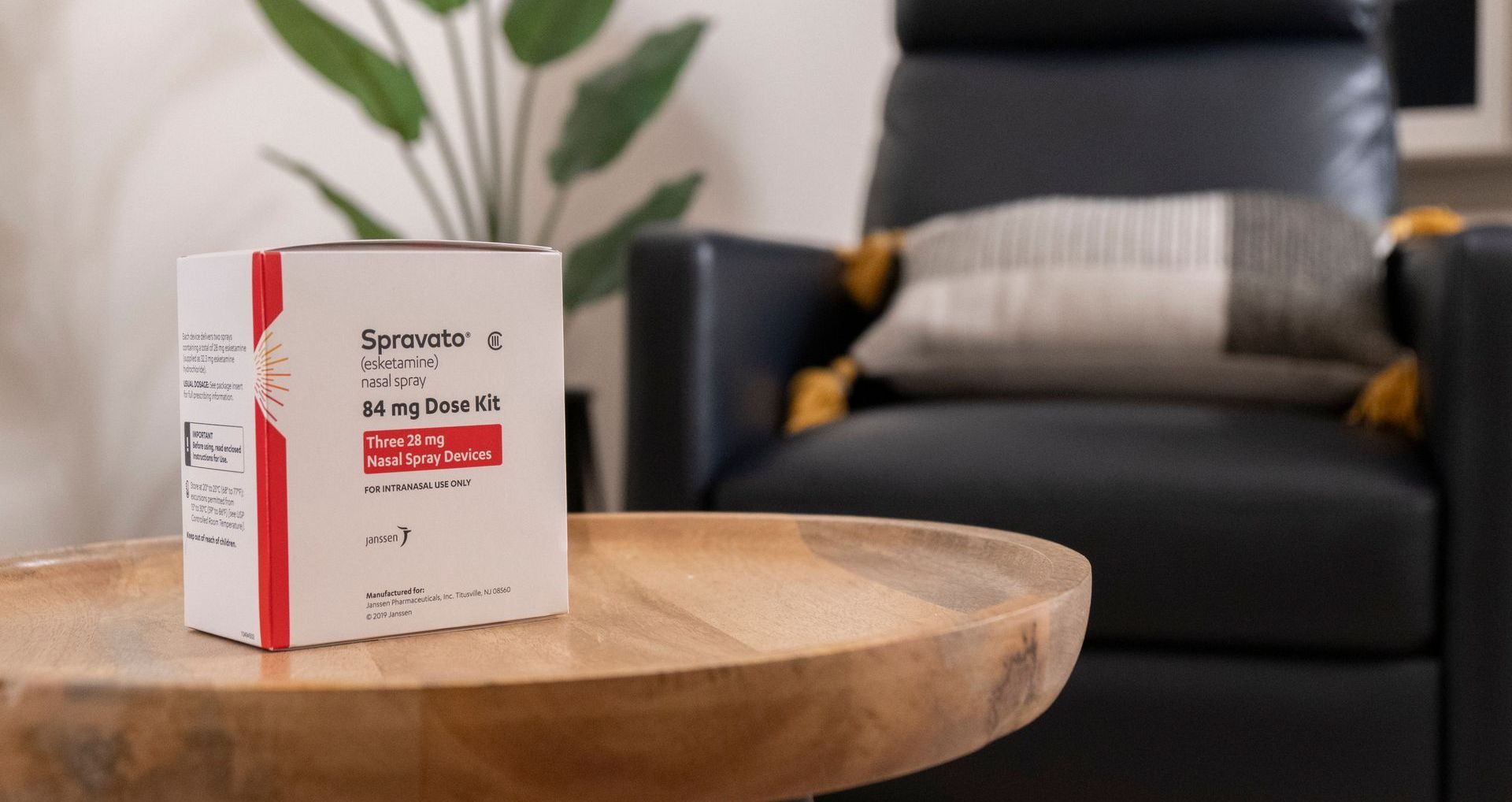
How Spravato Works
A fast-acting nasal spray for depression. FDA-approved and administered under medical supervision to reduce symptoms quickly and safely.






